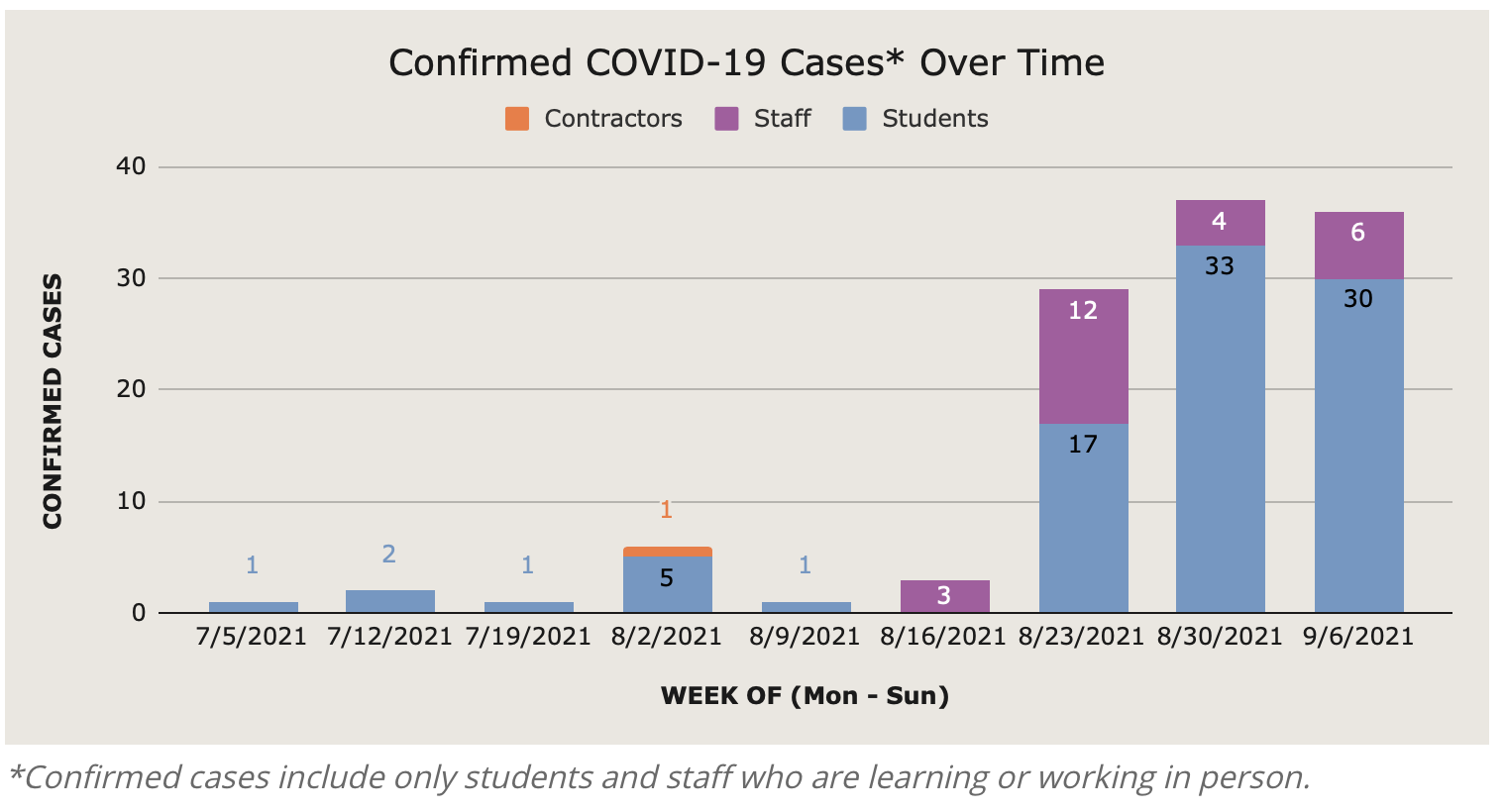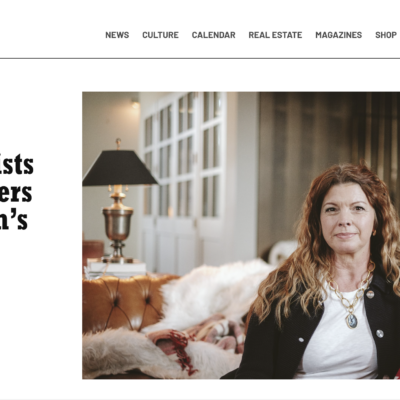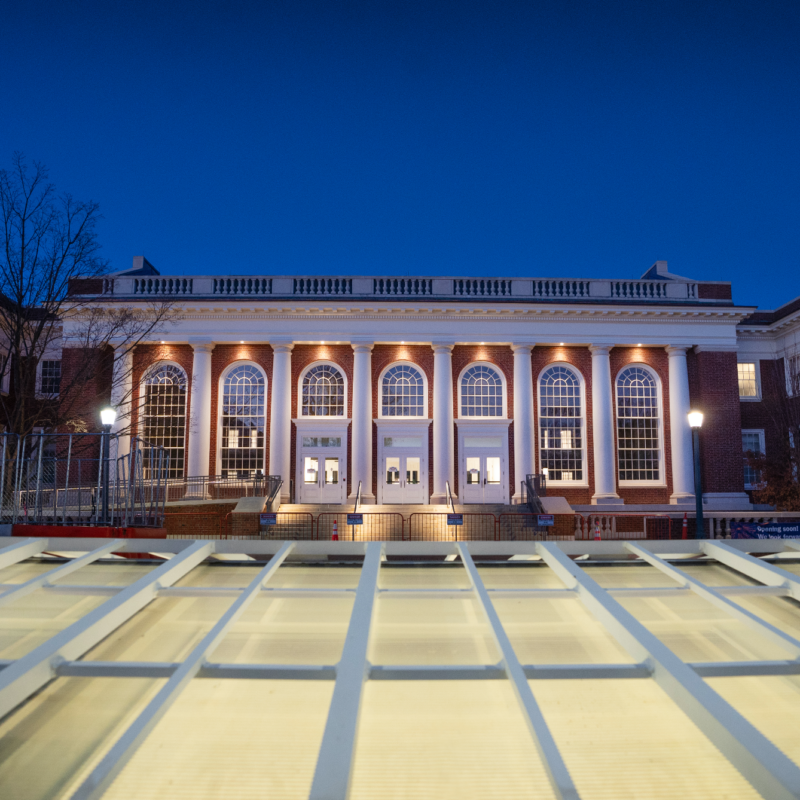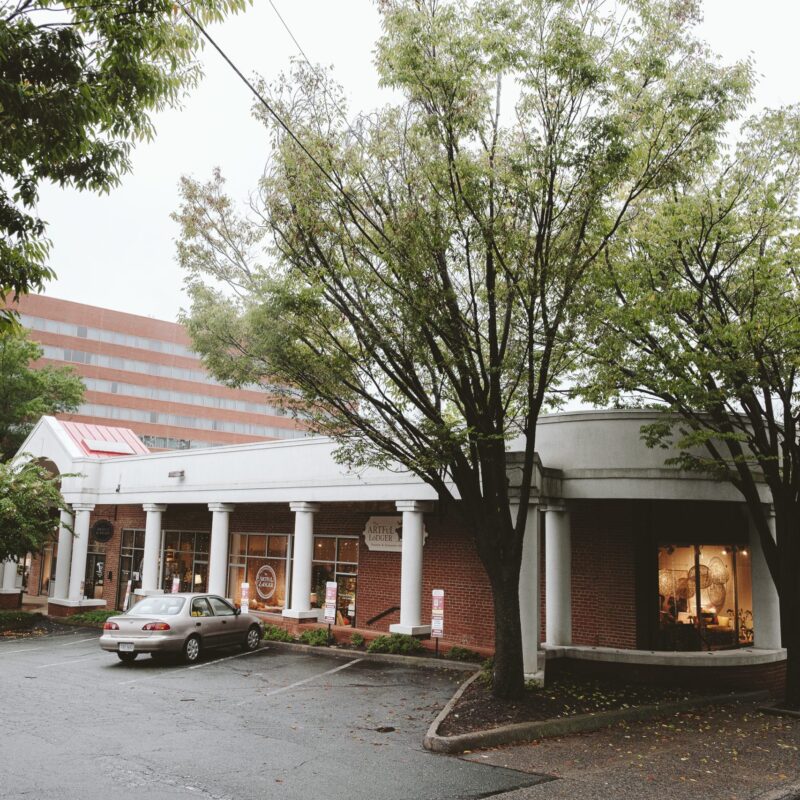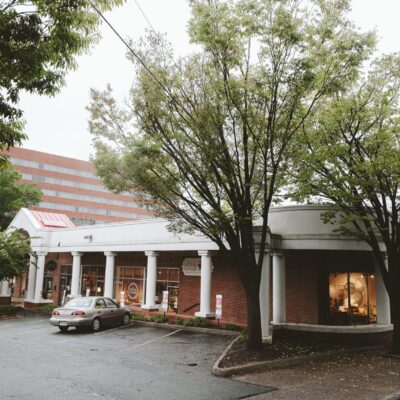Last month, Charlottesville and Albemarle County schools opened their doors for full-time, in-person learning for the first time since March 2020. Both school divisions require employees to show proof of vaccination—or submit a negative COVID test every week—and have implemented universal mask mandates, among other strict mitigation measures. Still, the divisions have seen a rise in COVID cases over the past few weeks.
As of September 10, 17 students and eight staff members have confirmed active COVID cases at CCS. Meanwhile, ACPS—which serves about 10,000 more students than the city—has 30 students and six staff members with COVID. Since schools reopened, 39 students and 20 staff members in the city, and 90 students and 25 staff members in the county have contracted the virus. In the county, 223 students are in quarantine after being exposed to a positive case.
Despite the increasing cases, some parents and teachers remain positive about the in-person school experience.
“[My son] is very glad to be back in school and happy to be masked,” says Renee Branson, whose son attends Lakeside Middle School in Albemarle. “He really struggled with being away from a regular routine and seeing friends.”
Branson says she is pleased with ACPS’ mask enforcement and transparency about COVID cases, contract tracing, and quarantine efforts. If the division were to take even stricter precautions, such as mandating vaccines for eligible students, she says she would support the decision.
“It would take things starting to really fall apart at the school before I would be concerned about sending him in, because he is vaccinated and he really struggled over the past year and a half,” says Branson. “But I certainly understand parents who maybe have a lower threshold of tolerance for that.”
“My students have just been really excited to be back in person,” says Andrew West, who teaches at Henley Middle School.“There’s this weird almost feeling of normal that a lot of kids are latching on to. There’s a lot of really good energy at the school—last year was absolutely horrible for everybody.”
West does wish the school division would return to offering classes four days per week, which he says gave both teachers and students more time to prepare for classes and decreased stress levels last year. In general, though, he’s been pleased with the administration’s support for teachers.
“A lot of our plans are as good as they can be expected to be,” he says. “Most of the complaints I’ve heard are just people who feel like we’re being too restrictive.”
In Charlottesville, parent Christa Bennett, a city school board candidate, says she is grateful the district’s administration has taken the pandemic seriously. She’s glad that vaccinated teachers are now able to take paid leave if they are exposed to the virus, after a teacher brought up the issue to administrators last month.
“As part of my campaign, I’m researching the consequences of last year’s virtual learning,” says Bennett, who has two kids in the city schools, “and how we as a district can support our children in their social wellbeing and recovery of learning losses.”
With the highly contagious delta variant continuing to drive up COVID cases, everyone understands that the situation is constantly evolving.
“By the end of the semester, things could totally be different and just be sad and depressing again,” says West. “But I feel like as long as we are still in the building together, kids are going to be pretty happy that they’re still together.”
